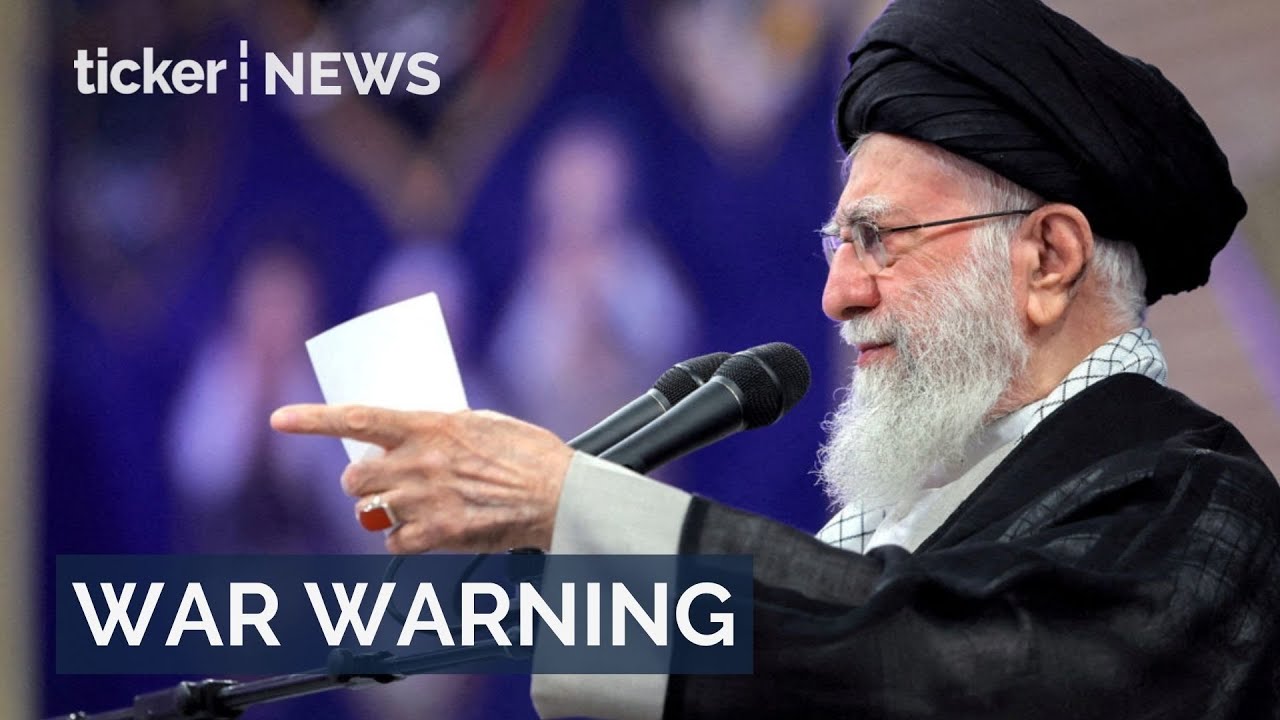News
Hungary looks to ban Ukrainian grain imports after mid-September

News
NASA’s Artemis II launch: Argentina joins first crewed moon mission in 50 years
NASA’s Artemis II rocket is ready for its first crewed Moon mission in over 50 years, featuring Argentina’s ATENEA microsatellite.
News
Iran warns U.S. retaliation as protest death toll soars — executions feared, nationwide unrest
Iran warns of severe retaliation against U.S. strikes, amid escalating tensions and internal unrest.
News
EU condemns Trump’s Greenland tariff threats: Trade tensions escalate
Major EU nations criticize Trump’s Greenland tariffs as “blackmail,” risking trade agreements and raising tensions across the Atlantic.
-



 Ticker Views3 days ago
Ticker Views3 days agoGlobal power struggles and Arctic shipping risks
-



 Leaders4 days ago
Leaders4 days agoSendle’s closure impacts Australia’s small business logistics
-



 News5 days ago
News5 days agoIran protests and the global fight for freedom
-



 Money5 days ago
Money5 days agoU.S. budget deficit falls to $1.67 trillion
-



 Docos5 days ago
Docos5 days agoTrump threatens to take Greenland as NATO crisis erupts
-



 News5 days ago
News5 days agoU.S. moves personnel from Qatar base amid Iran tensions
-



 Tech5 days ago
Tech5 days agoX restricts Grok AI as global backlash grows
-



 Tech4 days ago
Tech4 days agoTSMC posts record profits on AI chip boom






